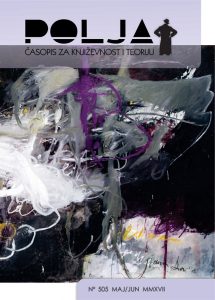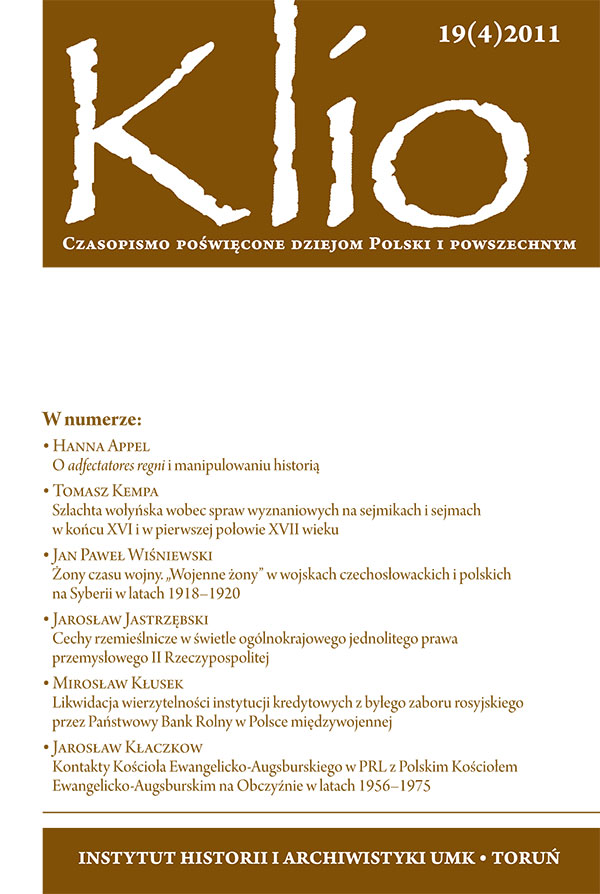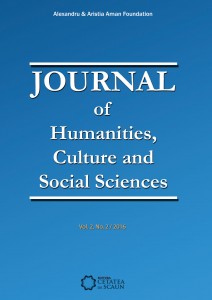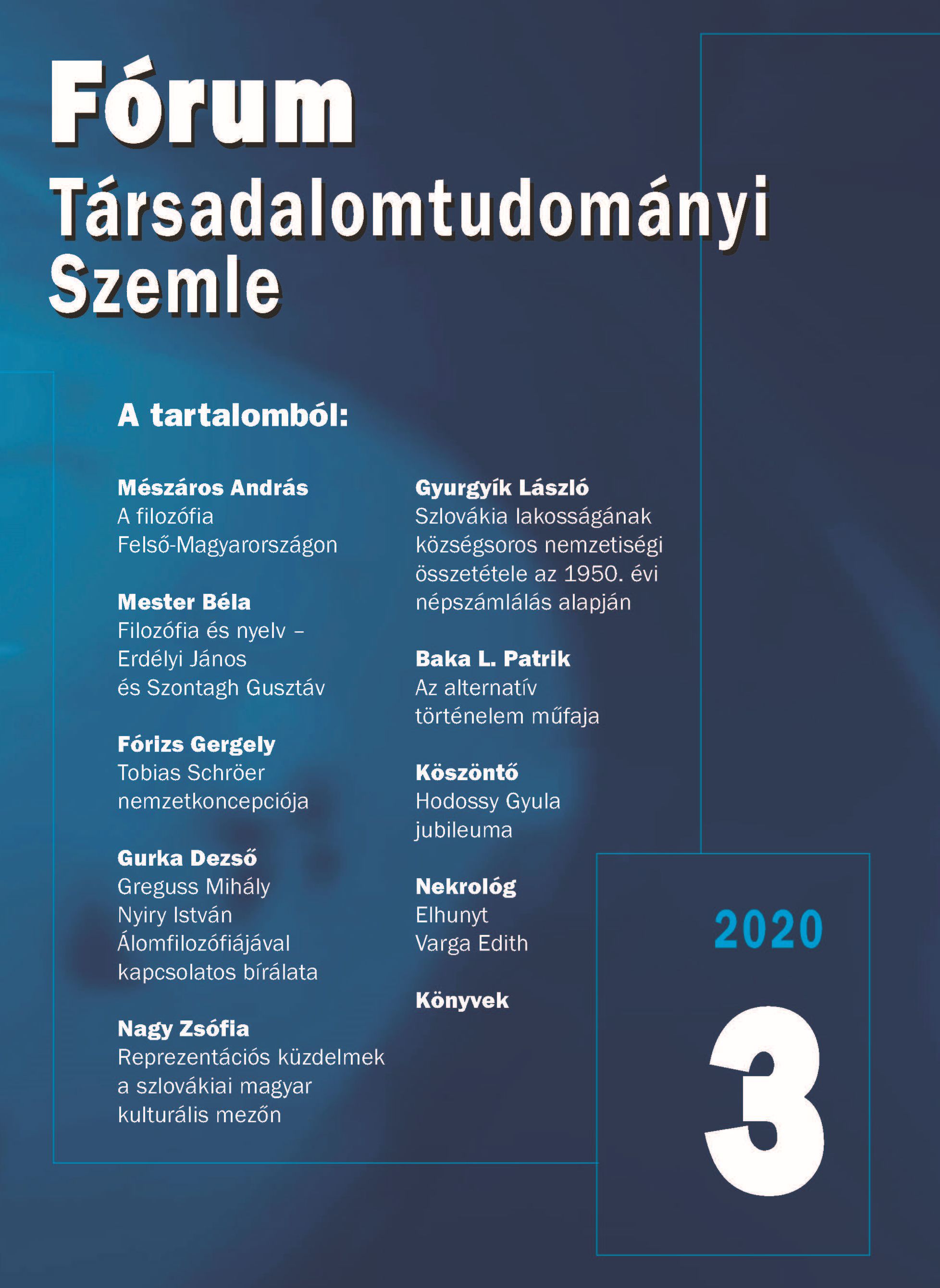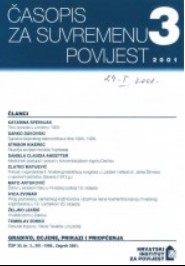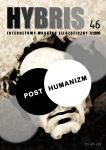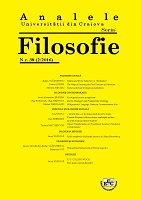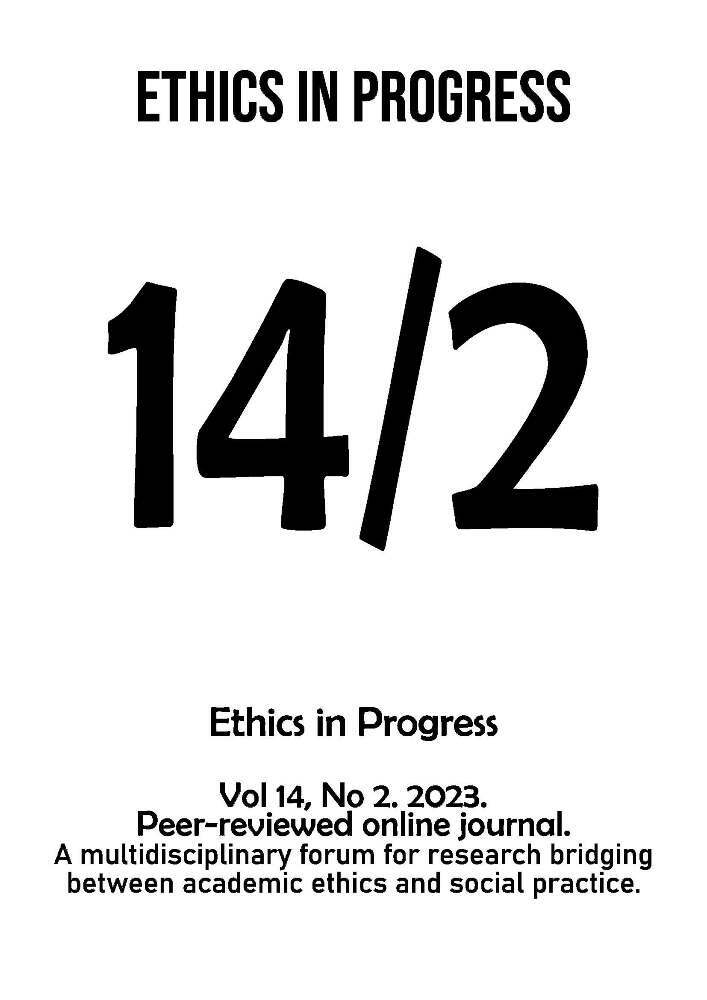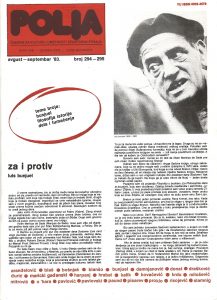
Šta je filosoflja istorije?
Sreo sam ovde večeras, pred vratima, jedn og kolegu, i s njegovim dopuštenjem, počeću svoje predavanje onim što mi je on rekao. Rekao je da se on »žrtvovao, na ovoj hladnoći i u ovom mraku, da bi došao ovde da čuje šta će s nama biti do pošljetka«. I ja sam mu na to odvratio da to ni u kom slučaju .neće čuti, je r čak i kad bih znao »šta će s nama biti do pošIjetka«, ja bih tu tajnu čuvao samo za sebe.
More...
